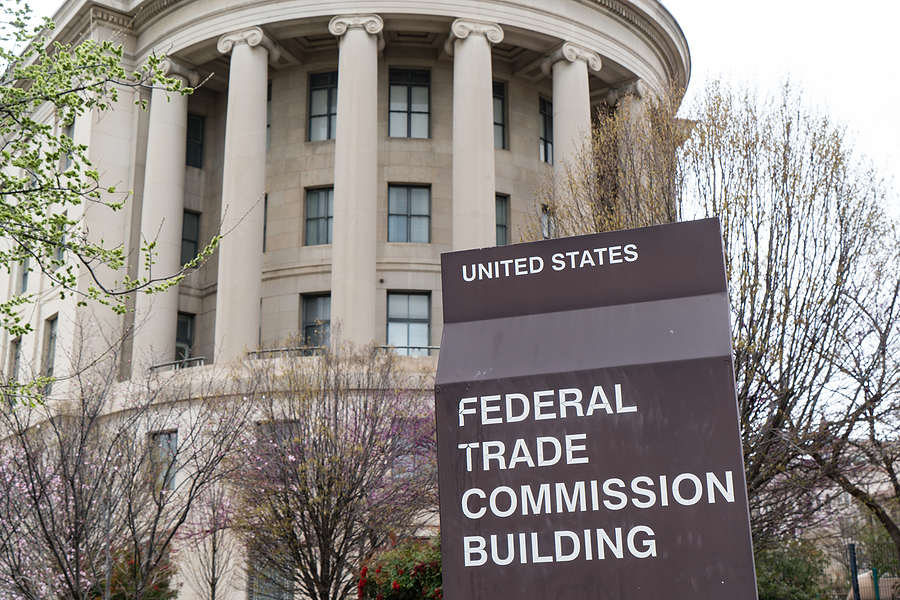





On September 29, 2024, the U.S. Department of Justice (DOJ) announced a civil antitrust lawsuit against Visa, alleging that the company maintains an illegal market monopoly in the debit network sector. The DOJ claims that Visa's practices drain approximately $7 billion annually from customers and businesses, significantly inflating transaction costs and stifling competition [71ab2fed].
According to the DOJ, Visa controls over 60% of U.S. debit transactions, which has allowed the company to impose exorbitant processing fees that contribute to the overall financial burden on consumers. Attorney General Merrick B. Garland emphasized that Visa's monopolistic practices not only harm consumers but also hinder innovation within the financial services industry [dcc4036e].
This lawsuit follows a previous attempt by the DOJ to block Visa's $5.3 billion acquisition of Plaid in 2020, reflecting ongoing concerns regarding Visa's dominance in the payment processing market [dcc4036e]. The recent legal action also comes on the heels of a federal judge's rejection of a proposed $30 billion settlement concerning swipe fees charged by Visa and Mastercard to merchants. The judge deemed the settlement insufficient to address merchants' grievances regarding high fees [0c4b307b][efb6a1ca].
Visa's financial performance has been robust, with a reported global operating income of $18.8 billion in 2022, and North America contributing to an impressive 83% operating margin. The implications of the DOJ's lawsuit could be profound, potentially leading to reduced fees for merchants and consumers alike, and fostering a more competitive environment in the payment processing landscape [dcc4036e].
As the case progresses, industry stakeholders are keenly observing the developments, as the outcome could set a significant precedent for how payment networks operate in the future [5a156d02].
In the broader context of antitrust enforcement, experts are debating the effectiveness of such actions in genuinely benefiting consumers. The focus of the Federal Trade Commission (FTC) Chair Lina Khan on large corporations like Amazon has raised questions about the overarching goals of antitrust policy. Former FTC General Counsel Alden Abbott has noted a shift from the traditional consumer welfare standard to a Neo-Brandeisian approach, which prioritizes market structure over direct consumer outcomes. This shift has sparked discussions on whether such policies truly serve consumer interests or inadvertently stifle innovation [4b0b2304].
Tirzah Duren advocates for a consumer-focused antitrust model, arguing that the current regulatory environment may create obstacles for technological advancements. Neil Chilson warns that excessive regulation could hinder innovation, while Abbott highlights the uncertainty surrounding merger practices and their impact on economic efficiency. Comparisons have also been made to Europe's antitrust outcomes, suggesting that the U.S. may face similar challenges if it continues down this regulatory path [4b0b2304].